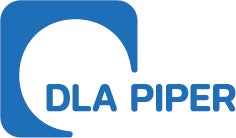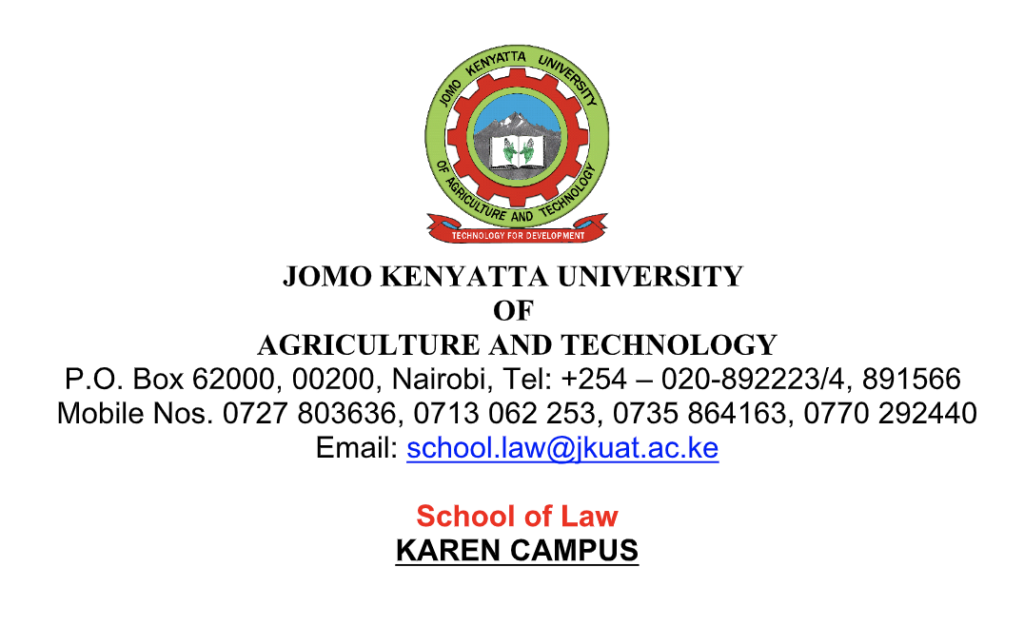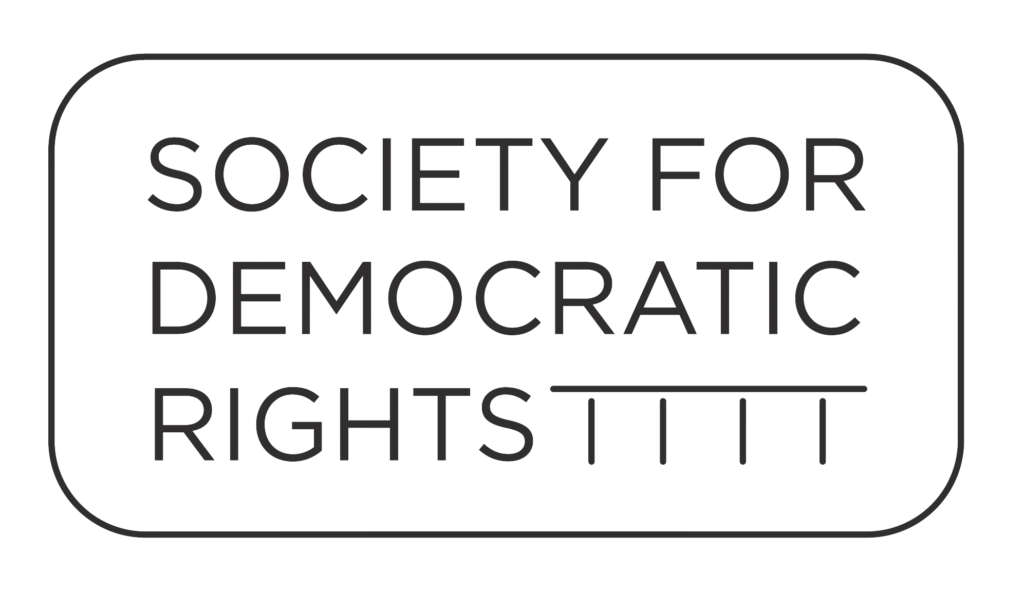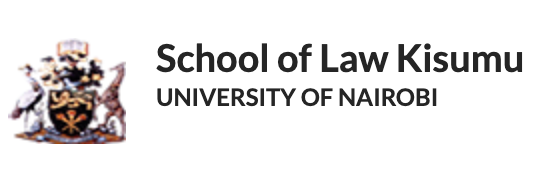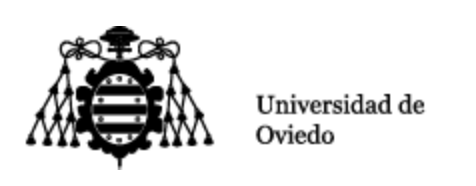The COVID-19 Law Lab gathers and shares legal documents from 190+ countries across the globe, helping states establish and implement strong legal frameworks to manage the pandemic. Our goal is to ensure that the laws being implemented in one country are accessible and known to all countries.
HOW WE GOT STARTED
Launched in July 2020, the COVID-19 Law Lab was created in response to a vast increase in urgent legislative action to control and reduce the pandemic. We created a single database where anyone could easily track the latest legal frameworks and information. This resource also supports the study of how law and policy can be used to effectively manage present and future pandemics.
As the database has grown, so has interest in and our capacity to deliver context about specific legal documents. Today, the database has been used to analyze:
- Successful in-country vaccine campaigns
- Updated mask guidelines
- Vaccine passport requirements
- The ongoing use of state of emergency declarations
- The impact of previous outbreaks to strengthen legal preparedness and responses
THE DATABASE
Every day, we collect and update the database with laws and legal frameworks from all over the world. These laws are organized into a variety of categories.
Our dataset is used by scholars, researchers, government officials, international organizations and NGOs.
“Strong legal frameworks are critical for national COVID-19 responses,” said Dr. Tedros Adhanom Ghebreyesus, WHO Director-General
The database includes:
- State of emergency declarations
- Quarantine and isolation measures
- Disease surveillance and technology
- Legal measures relating to lockdowns, mask-wearing, social distancing, and access to medication and vaccines
Partners
United Nations Development Program (UNDP)
UNDP is the leading United Nations organization fighting to end the injustice of poverty, inequality, and climate change. Working with our broad network of experts and partners in 170 countries, we help nations to build integrated, lasting solutions for people and planet.
World Health Organization (WHO)
The World Health Organization provides global leadership in public health within the United Nations system. Founded in 1948, WHO works with 194 Member States, across six regions and from more than 150 offices, to promote health, keep the world safe and serve the vulnerable. Our goal for 2019-2023 is to ensure that a billion more people have universal health coverage, to protect a billion more people from health emergencies, and provide a further billion people with better health and wellbeing. For updates on COVID-19 and public health advice to protect yourself from coronavirus, visit www.who.int and follow WHO on Twitter, Facebook, Instagram, LinkedIn, TikTok, Pinterest, Snapchat, YouTube
Joint United Nations Programme on HIV/AIDS (UNAIDS)
The Joint United Nations Programme on HIV/AIDS (UNAIDS) leads and inspires the world to achieve its shared vision of zero new HIV infections, zero discrimination and zero AIDS-related deaths. UNAIDS unites the efforts of 11 UN organizations—UNHCR, UNICEF, WFP, UNDP, UNFPA, UNODC, UN Women, ILO, UNESCO, WHO and the World Bank—and works closely with global and national partners towards ending the AIDS epidemic by 2030 as part of the Sustainable Development Goals. Learn more at unaids.org and connect with us on Facebook, Twitter, Instagram and YouTube.
International Development Law Organization (IDLO)
IDLO is the only global intergovernmental organization exclusively devoted to promoting the rule of law to advance peace and sustainable development. IDLO has experience working in more than 90 countries around the world with various legal systems. Their network includes thousands of trusted experts, alumni and partners. Established as an intergovernmental organization in 1988, IDLO has had United Nations Observer Status since 2001.
O’Neill Institute for National and Global Health Law and Georgetown University
The O’Neill Institute, housed at Georgetown University, was established to create innovative solutions to the most pressing national and international health concerns, with the essential vision that the law has been, and will remain, a fundamental tool for solving critical health problems. The Georgetown University Department of International Health is home to scholarship in public health, economics, political science, and medicine. Georgetown’s Global Health Initiative serves as a university-wide platform for developing concrete solutions to the health challenges facing families and communities throughout the world. Read more at oneillinstitute.org and connect with us on Twitter and Facebook.
Inter-Parliamentary Union (IPU)
The IPU is the global organization of national parliaments. It promotes democratic governance, institutions and values, working with parliaments and parliamentarians to articulate and respond to the needs and aspirations of the people. It works for peace, democracy, human rights, gender equality, youth empowerment and sustainable development through political dialogue, cooperation and parliamentary action.Learn more at www.ipu.org or follow at @IPUParliament.
About the Universal Health Coverage Legal Solutions Network
The Legal Solutions Network is a collaboration between the World Health Organization (WHO), the United Nations Development Programme (UNDP), the Joint United Nations Programme on HIV and AIDS (UNAIDS), the Inter-Parliamentary Union (IPU), and the O’Neill Institute for National and Global Health Law at Georgetown University. The initiative aims to support countries around the world seeking the harness the power of law to address critical health issues. This collaboration aims to provide evidence-based legal technical assistance and customizable technical advice to national leaders seeking to develop and reform effective laws, regulations, and policies.
Contributors


